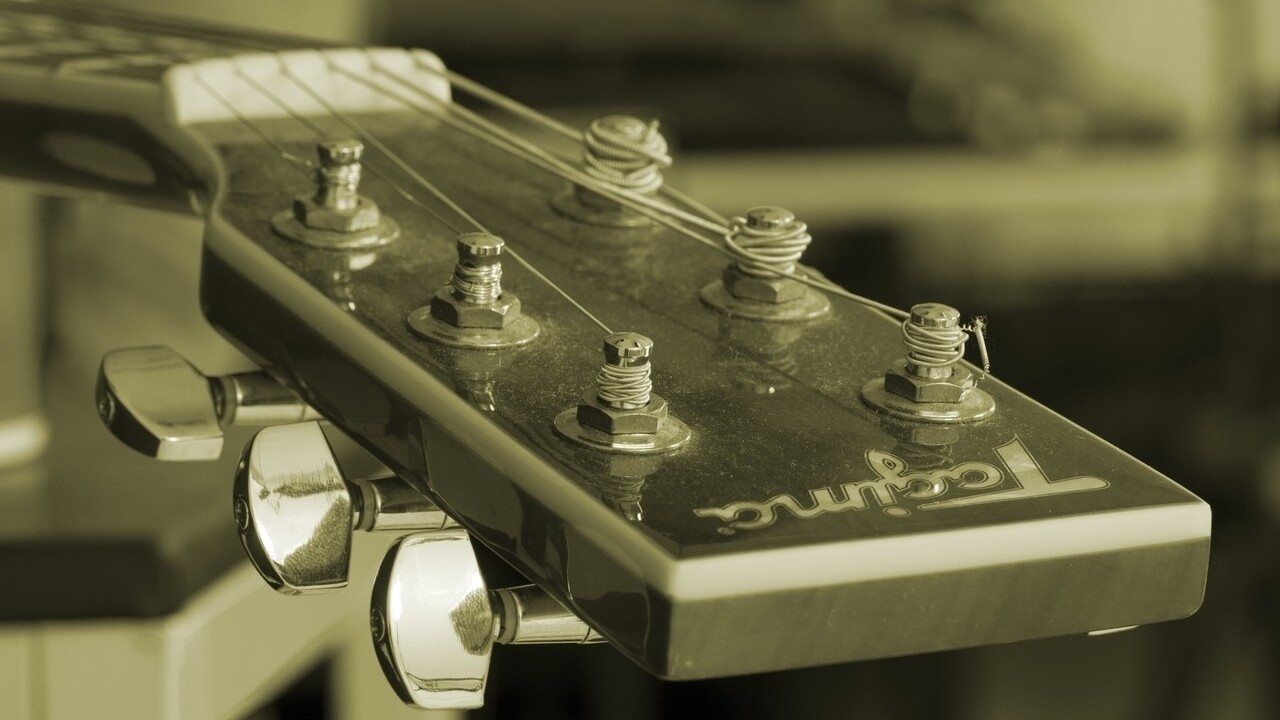
Ilya Pozin is the founder of Open Me and Ciplex.
Conventional wisdom says you should make your passion into your career so you’ll never work a day in your life. But what happens to your hobbies when they suddenly become your 9-5? Can you keep the fire burning for your passion when it becomes your bread and butter?
Embracing your passion and turning your hobby into a career might sound great, especially if you’re burnt out in your current profession. In fact, the Deloitte Shift Index survey found 80 percent of employees are dissatisfied with their jobs. This is backed up by the recent survey from Gallup, which found 70 percent of workers are disengaged at work.
Turning to your hobbies can seem like the obvious answer to your career woes. But will it ultimately make you happier at work, or will it make you more miserable in the long run?
The creativity gap
The inaugural Creative Jobs Report found something fairly unsurprising: most employees want more creativity in their roles. In fact, 55 percent of respondents said they dreamed of leaving their current role for a more creative self-employed route.
In addition, 36 percent want to quit their current jobs because of uncreative roles, and 29 percent would be willing to take a lower salary if it came with increased creative time.
With creativity in high demand but unfound in many workplaces, more employees are turning an interested eye on their hobbies instead. After all, why not get paid to do something you enjoy? Since many career paths aren’t making room for creativity, workers are beginning to dream of the day they can leave their 9-5 behind and turn their hobby into a money-making empire.
But is this a wise idea?
Why your passion should stay a hobby
It’s important to have passion for your career, but this doesn’t necessarily mean it’s smart to turn your hobby into your full-time job. In his book, Ignore Everybody: and 39 Other Keys to Creativity, author Hugh MacLeod devotes a whole chapter to the career-hobby divide.
In a chapter titled, “Beware of turning hobbies into a job,” MacLeod cautions against turning what you love doing on your off-hours into what you’re forced to do in your 9-5.
While there are advantages to turning a hobby into a full-time gig, many people don’t ever stop to consider the disadvantages. It’s possible the reason you love your hobby so much is because there’s no pressure associated with it; you can pick it up or put it down whenever you want. There’s nothing depending on you making the perfect birdhouse or writing the perfect blog post since you don’t have much money riding on your creative endeavors.
Once you incentivize your hobbies with cash, however, you might find you begin to enjoy them less and less. Suddenly, your hobby isn’t just a creative pursuit you use to stretch your mental muscles and blow off steam, it’s the way you bring home the bacon.
This stress and pressure can eventually lead to the same type of dissatisfaction you have with your current career path, and you’ve also lost a hobby in the process.
For hobbies which involve high levels of creativity, you should also consider whether you can keep up the steady creative output necessary to thrive. If your new hobby-turned-career depends upon smiling muses or a creative lighting strike, you might be surprised when turning bursts of creativity into daily practice dries up your well of inspiration.
Inject some creativity into your career
Creativity is important to all industries and jobs, whether you’re writing music, writing code, or filling out tax returns. Instead of throwing your career away to chase a hobby you might eventually come to dislike, here are a few ways to inject some creativity back into your career:
Challenge yourself
Perhaps the problem isn’t your job so much as your own complacency. It’s easy to get comfortable in your career and stop striving for development and growth.
Instead of throwing in the towel because you’re bored, challenge yourself to tackle new workplace obstacles. Ask to be put on a big project at work which scares you. Look into opportunities for professional growth and continuing education to learn about new and exciting aspects of your industry. Task yourself with learning something new, and see if the challenge revives your flagging creative spirit.
Step outside of your box
It’s easy to get pigeonholed at work, especially if you’re good at a particular aspect of your job. Talk to your boss or managers and ask to expand your job description to include some new aspects. See if you can work with a new department or on a project you don’t know much about.
By stepping outside of your comfort zone, you’ll have to use creative problem solving to get the job done.
Bring your hobby to work… occasionally
Depending on what your hobby is, it’s possible you might be able to occasionally incorporate those skills into your job. If you love to write, perhaps you can be the one to draft copy for a big project. If you rock out with your band on the weekends, maybe you can provide music for marketing videos.
Not every hobby will be able to help you in the office, but by incorporating your part-time passions into your current position, you’ll have creative satisfaction without the risk of ruining your hobby.
It’s possible to turn your hobby into a full-time career, but sometimes this path is more attractive in theory than reality. Instead, try to inject some of the creativity and passion from your hobbies into the workplace – and wake up every morning feeling inspired.
Do you think your hobby should also be your career? Why or why not? Share in the comments!
Get the TNW newsletter
Get the most important tech news in your inbox each week.




